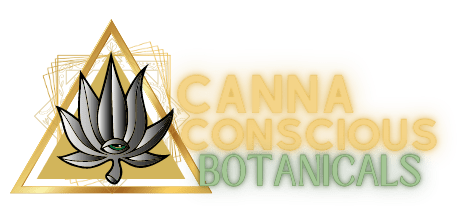Frequently ~
Asked Questions
If you have other burning questions we weren’t able to address here, feel free to email.
Hemp it’s just a plant ~
CBD stands for cannabidiol. Cannabidiol is one of the many cannabinoids, or chemical compounds, found in marijuana and hemp plants.
In fact, there are 113 identified cannabinoids, and CBD is just one of them.
No, CBD does not make you high. Since CBD does not contain any of the psychoactive substance THC (Tetrahydrocannabinol) it cannot make you feel high.
While CBD does not make you high, many users report positive results when using CBD products. The exact experience will vary from person to person.
CBD shouldn’t show up on a drug test, however, some CBD oils contain trace amounts of tetrahydrocannabinol, which is the main psychoactive compound in cannabis, this could – at least in theory – potentially show up on a drug test because standard drug tests are designed to look for THC.
However, this is unlikely to be a problem as the THC content is extremely low.
The ECS ~
The ECS is composed of endocannabinoids (cannabinoids produced by the body), receptors (CB1 and CB2) that these bind to, and enzymes that break them down.
When CBD is introduced, it doesn’t bind directly to CB1 or CB2 receptors like THC does. Instead, it acts indirectly by either suppressing or boosting the activity of different receptors and enhancing your natural levels of endocannabinoids by occupying certain enzymes.
Full Spectrum~
In Cannabis extract, there are hundreds of cannabinoids, terpenes and other compounds which all make up the plant. Each compound plays a part – as nature intended – in giving the final product its effectiveness and potency (“the Entourage Effect”).
When we produce products using all of the compounds present, this is called “full-spectrum”.
It is well known and documented that full-spectrum products are more effective than “isolate” based products, or even “broad spectrum” CBD oils we are now seeing on the market.
Isolate based products means they use pure CBD – usually around 99% pure. This may sound impressive, but the white isolate powder used is a far cry from anything related to a plant. Isolate products are cheaper to produce and are simply not as effective.
As for “broad spectrum”, this usually means you’ll see a handful of cannabinoids present, but little else. Again, the drawback is these are not as nature intended and do not offer the quality and effectiveness of full-spectrum products.
The Entourage Effect describes the process where all parts of the Cannabis plant work together to increase effectiveness.
It is well documented that when single compounds (such as CBD isolate – pure CBD) are used, or an extract too heavily refined, the effectiveness is dramatically reduced.
If you see a CBD oil that looks like water or is clear like olive oil, this is a far cry from how nature intended. Our products may be darker and have a stronger smell than some, that is because we have potency and effectiveness in mind at all times.
An easy example to use would be to look at a team sport such as football, rugby or basketball. Individually, players may be great – but without working together with their teammates their chances of success are non-existent.
Terpenes are a large and varied class of organic compounds that are produced by a wide variety of plants, including the cannabis plant. They’re what gives plants their unique scent; for example, the smell of lavender is due to the linalool terpene, while pine trees smell the way they do because of pinene.
While terpenes themselves are not psychoactive, they may help to modulate or alter the effects of cannabinoids like THC and CBD. Some terpenes might promote relaxation and stress-relief, while others potentially promote focus and acuity.
Products~
Tinctures are best consumed within 24 months of purchase but have a shelf life of 3 years.
We recommend using the skincare products within 3 years of purchase.
